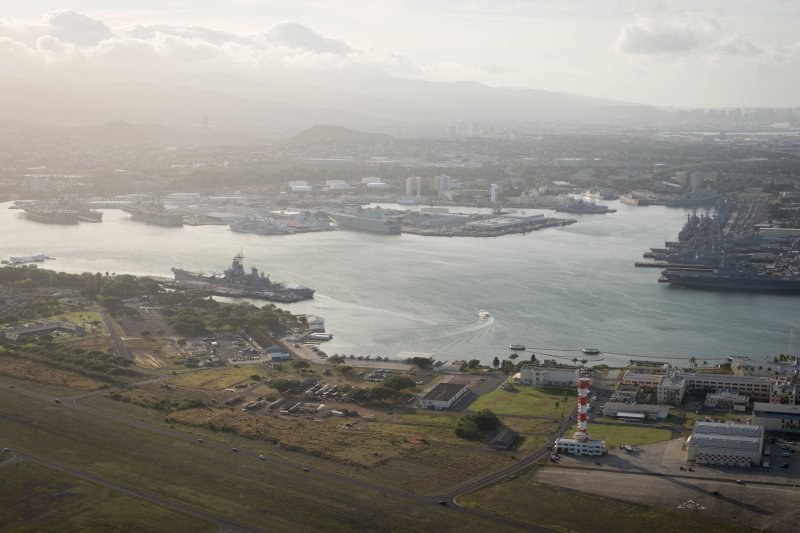
January 16, 2022
U.S. democracy is in crisis, as Republican supporters of the January 6 Capitol insurrection restrict or even eliminate democracy’s core tenet of one person, one vote. Former President Donald Trump is driving democracy’s demise, spouting the Big Lie that the 2020 election was stolen from him through massive voter fraud. Countless audits, over 60 court cases and both Democratic and Republican state secretaries of state confirmed President Joe Biden trounced Trump by over 7 million votes.
Nevertheless, Republican shills up and down the party power structure, from House Minority Leader Kevin McCarthy to operatives at the state and local level, have embraced Trump’s Big Lie, ramping up voter suppression, gerrymandering and the use of dark money to ensure they can grab power and hold it indefinitely, even as the GOP is shrinking as a share of the electorate.
Two bills are currently before the Senate to stop this slide into authoritarianism: the Freedom to Vote Act and the John Lewis Voting Rights Act. Similar versions have already passed in the House. Senate Democrats must first overcome Republican filibusters, though. The filibuster has long been used to derail civil-rights legislation in the Senate, and now is no different.
It normally takes 60 of the 100 senators to defeat a filibuster, currently an insurmountable barrier in the face of Republican opposition. Democrats could use a targeted override of the filibuster, a “carve-out,” which would need the votes of all 50 members of the Senate Democratic caucus along with the tie-breaking vote of Vice President Kamala Harris. But two conservative Senate Democrats, Joe Manchin of West Virginia and Kyrsten Sinema of Arizona, have indicated they likely won’t support the maneuver.
“Do you want to be on the side of Dr. King or George Wallace,” President Joe Biden asked at a speech Wednesday in Atlanta, advocating for the temporary filibuster override needed to advance these voting rights bills. “Do you want to be on the side of John Lewis or Bull Connor? Do you want to be on the side of Abraham Lincoln or Jefferson Davis?”
Bull Connor was the brutal, white supremacist commissioner of public safety in Birmingham, Alabama, during most of the civil-rights era. Biden’s reference to Connor echoed a Nation Magazine article written by Martin Luther King, Jr., in March, 1964, as activists were pushing passage of the Civil Rights Act:
“As had been foreseen, the bill survived intact in the House. It has now moved to the Senate, where a legislative confrontation reminiscent of Birmingham impends. Bull Connor became a weight too heavy for the conscience of Birmingham to bear. There are men in the Senate who now plan to perpetuate the injustices Bull Connor so ignobly defended. His weapons were the high-pressure hose, the club and the snarling dog; theirs is the filibuster. If America is as revolted by them as it was by Bull Connor, we shall emerge with a victory.”
The essay appeared four months after President John F. Kennedy’s assassination and nine months before King received the Nobel Peace Prize.
“It is not too much to ask, 101 years after the Emancipation, that Senators who must meet the challenge of filibuster do so in the spirit of the heroes of Birmingham,” King continued in that piece, invoking the powerful memory of the four young African American girls killed in the racist bombing of The Sixteenth Street Baptist Church on Sept. 15, 1963, and two more youth killed in rioting that immediately followed. “There could be no more fitting tribute to the children of Birmingham than to have the Senate for the first time in history bury a civil-rights filibuster. The dead children cannot be restored, but living children can be given a life. The assassins who still walk the streets will still be unpunished, but at least they will be defeated.”
That filibuster eventually failed, and the Civil Rights Act became law, followed by the monumental Voting Rights Act of 1965. The VRA revolutionized African American political participation in the U.S., especially in the Deep South. The right wing never stopped attacking it. Two recent Supreme Court decisions, Shelby v. Holder in 2013 and Brnovich v. the DNC in 2021, gutted the VRA, unleashing a flood of gerrymandering and laws designed to reduce voter turnout, disenfranchising millions of voters from Democratic-leaning urban centers and other communities of color.
“Frederick Douglass told us a long time ago: ‘Power concedes nothing without a demand,'” Georgia-based activist Cliff Albright, co-founder of Black Voters Matter, said Thursday on the Democracy Now! news hour. As we mark what would have been Martin Luther King, Jr.’s 93rd birthday, now is the time to demand that the U.S. Senate override the Jim Crow filibuster and pass meaningful voting rights legislation.
Amy Goodman is the host of “Democracy Now!,” a daily international TV and radio news hour airing on more than 1,400 stations. She is the co-author, with Denis Moynihan and David Goodman, of the New York Times best-seller “Democracy Now!: 20 Years Covering the Movements Changing America.”






















